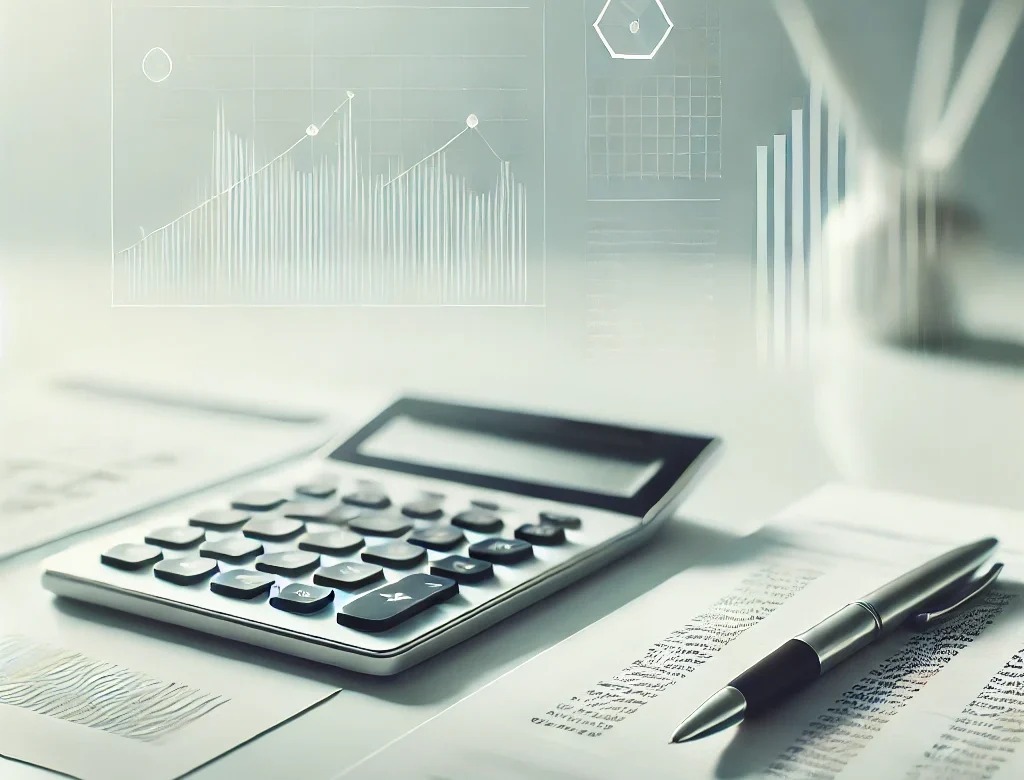The Australian Taxation Office (ATO) is giving taxpayers simple steps to help avoid an unexpected tax bill next tax time.
Assistant Commissioner Rob Thomson said there are many reasons that a taxpayer may end up with a bill at tax time.
“There are a number of factors that impact your tax assessment. In simple terms, if you don’t receive a refund or bill, it means you’ve paid the correct amount of tax throughout the year. If you receive a bill, it may mean you didn’t pay enough – this can be for a number of reasons,” Mr Thomson said.
Simple steps you can take right now to ensure the correct amount of tax is being put aside throughout the year:
- Let your employer know if you have a study or training support loan, such as a HECS or HELP debt.
Under the pay as you go (PAYG) withholding system, your employer will withhold an additional amount from your salary and wage income to cover your compulsory repayment. - Check you are only claiming the tax-free threshold from one employer.
Usually, you claim the tax-free threshold from the payer who pays you the highest salary or wage. - Consider whether the Medicare Levy Surcharge may affect you this financial year.
If you, your spouse and any dependent children (including newborns) don’t have an appropriate level of private patient hospital cover, and you earn above a certain income, you’ll have to pay a surcharge of up to 1.5% of your total taxable income. The Medicare Levy Surcharge is not covered in tax withheld by your employer. - Check your income tier is correct for your private health insurance rebate.
By updating your income with your private health insurer, you ensure you don’t receive too much rebate, which would need to be repaid when you lodge. - If you earn business or investment income, consider voluntarily entering PAYG instalments and pre-paying tax throughout the year to avoid a large bill at tax time.
If you’re earning regular income through multiple sources, including a ‘side hustle’, prepaying your tax through PAYG instalments will help you smooth out your cashflow and gives you the flexibility of spreading out the payments if you expect to owe tax on your income.
“Remember that if you have multiple sources of income, you may end up with a tax bill as your combined income pushes you into a different tax or study loan repayment bracket,” said Mr Thomson.
More information on paying tax on multiple sources of income or why you may receive a tax bill is available on the ATO website.
“Before you lodge your return this year, we encourage you to check your details are correct – if you need to make any updates like advising of your study or training support loan you can do this while you’re there,” said Mr Thomson.
“If you receive a bill after lodging your return it is important that you don’t ignore it, but most tax bills are not due as soon as they are received.”
- If you lodge your own return, the due date for payment is 21 November, regardless of when you lodge.
- If you are using a registered agent your due date may be later.
- For taxpayers who can pay, paying by the due date means you avoid the ATO, or even an external debt collection agency, chasing you for payment.
- Paying on time also means you pay less, with interest accruing daily once overdue.
“People mistakenly think the interest rate on your tax debts is lower than the typical rate on a home loan. This is not the case,” said Mr Thomson.
For taxpayers facing financial difficulties or hardship, reach out to the ATO or registered tax professional early to discuss the support that is available including payment plan options.










